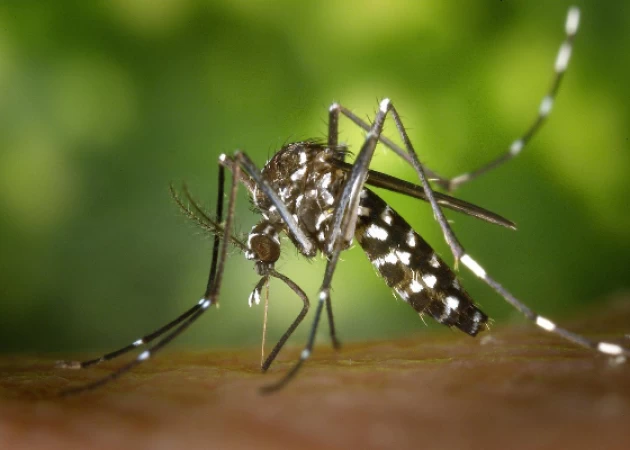
Yellow fever is a dreaded hemorrhagic condition that appears flu-like. The disease is spread by mosquitoes and often causes high fever, death of liver and kidney cells and bleeding. A higher number of damaged liver cells leads to jaundice which makes the skin appear yellowish. The eyes also become yellowish hence the name yellow fever. Yellow fever vaccination in Gold Coast ensures that as you travel to other parts of the world, you are safe from this disease.
Yellow fever is prevalent in particular parts of Africa and South America. Since there is no cure for yellow fever, prevention is better. You can get vaccinated from various places including yellow fever vaccination in Gold Coast.
What Is Yellow Fever?
Yellow fever is classified as an acute systemic illness which means that it is sudden and affects the entire body. What causes yellow fever is a virus known as Flavivirus. The transmission of the virus is through a vector which in this case is a mosquito categorised as the Haemogogus and Aedes species. The Flavivirus carrying mosquitoes are mostly found in the tropical and subtropical parts of the world, including the Caribbean.
According to the World Health Organisation, annually there are over 85,000 reported cases of yellow fever with over 30,000 fatalities in Africa alone. The research shows that approximately 90 percent of all yellow fever cases are from Africa.
Mode of Transmission
The mosquitoes that spread yellow fever to human beings also affect monkeys. The virus that causes yellow fever is endemic among monkeys that inhabit the trees found in the jungle. A mosquito that bites a monkey with the disease can spread it to a human if it bites him or her. When the infected person returns to their community, they become a source of infection leading to an outbreak. A mosquito that has the virus becomes a carrier for its entire life.
It is essential always to check if the area you are travelling to is prone to yellow fever infections. The vaccine is usually administered 10 to 14 days before the day of travel to stay safe from the disease.
Once an individual suffers from yellow fever, it is highly unlikely for them to acquire the disease again due to the developed immunity. The disease mostly occurs in settlements that are located near the jungle primarily where the infected monkeys and the particular species of mosquitoes are found.
What Are the Symptoms of Yellow Fever?
Yellow fever rapidly develops with the symptoms appearing from three to six days of being infected. It is important to note that the early symptoms of yellow fever mimic those of the influenza virus. The disease can't spread among humans because only the disease-carrying mosquitoes can transmit the virus. The key symptoms to be aware of are albuminuria, bleeding, fever, jaundice and, face congestion and a slow pulse.
The signs and symptoms of yellow fever are classified into two main stages. The first stage is known as the acute stage which entails the following;
The symptoms in this stage usually go away after 7 to 10 days. Though they improve after some days, about 15 percent of patients go into the second stage, also known as the toxic stage. Here, the symptoms are severe and fatal. They include;
About 20 to 50 percent of patients who enter the second stage passway within 14 days. Yellow fever is fatal to patients within 7 days. Survivors usually don’t suffer from organ damage and become immune to life.
Diagnosis
Confirmation of the diagnosis is usually done once the doctor identifies the signs and symptoms and does a blood test. The importance of the blood test is to confirm the disease because there are other infections that might exhibit similar symptoms. Such diseases include;
The blood test shows the doctor the virus or even detect the antibodies produced when the virus enters the bloodstream. The test involves the use of ELISA, which means an enzyme-linked immunosorbent assay and the polymerase chain reaction or PCR. You might have to wait for several days to receive the results of the test.
Treatment and Prevention
There exists no effective medication against the treatment of yellow fever, the patient receives supportive care in a medical institution. This normally entails the provision of fluids, kidney dialysis, oxygen and stabilisation of blood pressure. Some patients receive a plasma transfusion to receive proteins that aid in blood clotting. Yellow fever patients should be protected from mosquitoes because if the vector bites them, then the disease will spread to other people.
Patients are advised not to take aspirin or anti-inflammatory drugs that are non-steroidal to prevent the risk of bleeding.
One of the preventive measures of yellow fever is vaccination against the disease. Another way to prevent an infection is by avoiding mosquitoes which include staying indoors or applying mosquito repellant on clothing and shoes.